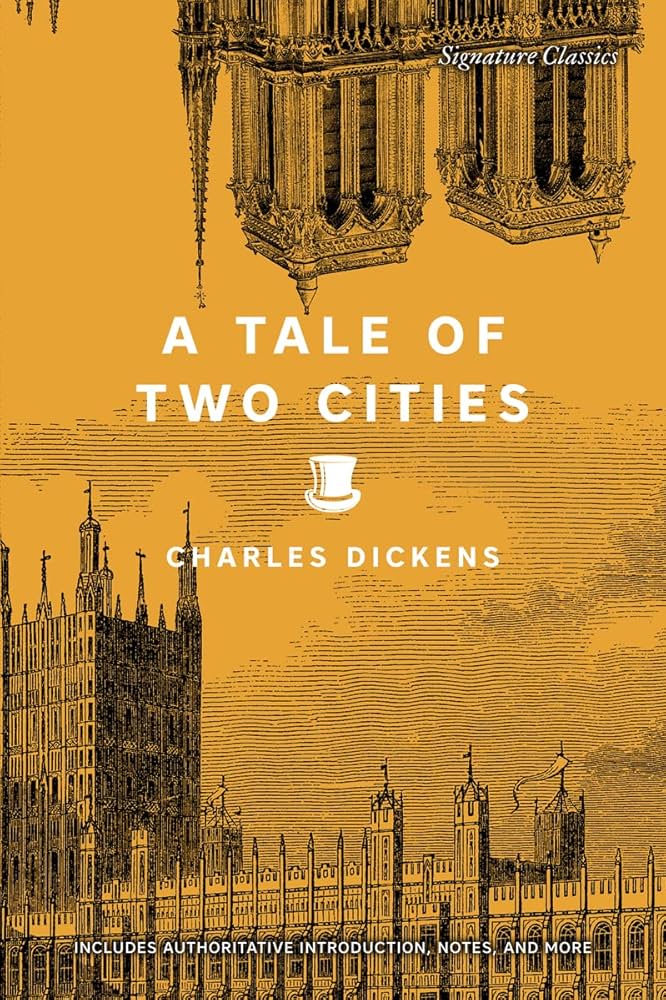You may think that this week’s Torah portion, Vayeira, and Charles Dickens’ classic novel, A Tale of Two Cities, may seem worlds apart, yet both share a profound exploration of morality, faith, and the consequences of unchecked evil.
In both narratives, we encounter cities on the brink of moral decay. Sodom and Gomorrah in Genesis, cities consumed by sin, stand in stark contrast to the righteousness of Abraham. Similarly, Dickens’ Paris, a city of revolution and violence, is juxtaposed with the more tranquil London.
Like Dickens’ opening lines, “It was the best of times, it was the worst of times, it was the age of wisdom, it was the age of foolishness, it was the epoch of belief, it was the epoch of incredulity…” Parashat Vayeira is a rollercoaster ride of morality and immorality. We see the heights of faith in Abraham, a man who argues with God to save any righteous people of Sodom and Gomorrah. Yet, we also witness the depths of depravity in those very cities, a place where the moral compass seems completely lost.
Abraham, a beacon of righteousness, is tested time and again (the rabbis teach us he’s tested 10 times). His willingness to sacrifice his beloved son, Isaac, is a chilling reminder of the lengths to which faith can push us. But in reading the story of Abraham’s life many of us find ourselves asking: is it right to test faith in such a cruel manner? The Torah doesn’t give us a simple answer.
On the other hand, Lot, Abraham’s nephew, is presented as a more ambiguous figure. While he’s spared from the destruction of Sodom, his actions, like offering his daughters to a mob, raise serious moral questions. With him we also ask: Does his survival justify his compromises?
The Torah, with its complex characters and challenging narratives, forces us to confront the strength and complexity our own moral compass. It asks us to consider: What are our limits? Where do we draw the line between faith and fanaticism, between mercy and justice? When do we have to compromise our morals to live in this world, and when might we need to stick to our own sense or right and wrong regardless of the consequences?
This week, and really every day of our lives, we study the Torah as another example of the best of times and the worst of times happening at the same time. As we spend this week delving deeper into this week’s portion and the complexity of morality, let’s remember that the Torah isn’t just a historical text; it’s a mirror reflecting our own souls. May we gain a better understanding of ourselves and the world around us by examining the lives of Abraham and Lot, God, and the people of Sodom and Gomorrah. And may their continued legacies in our world teach us about who we are and who we truly want to be.

